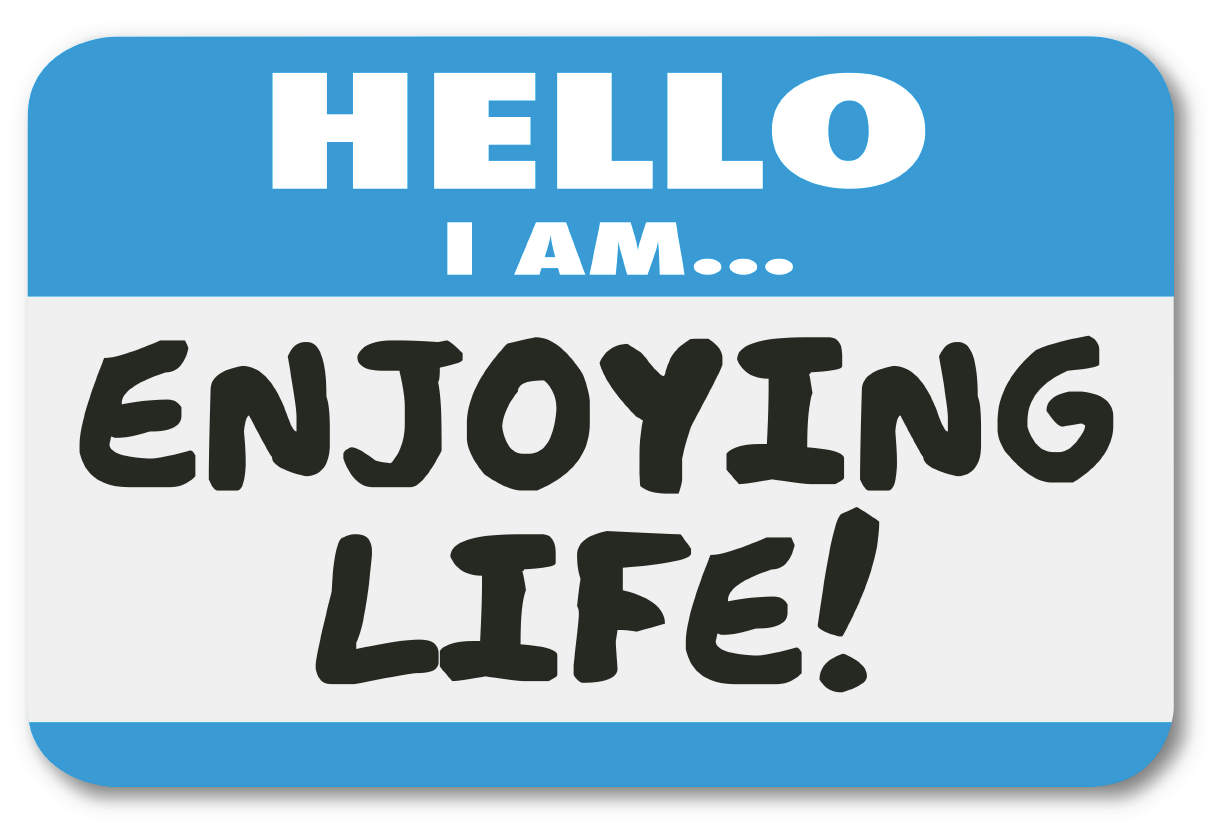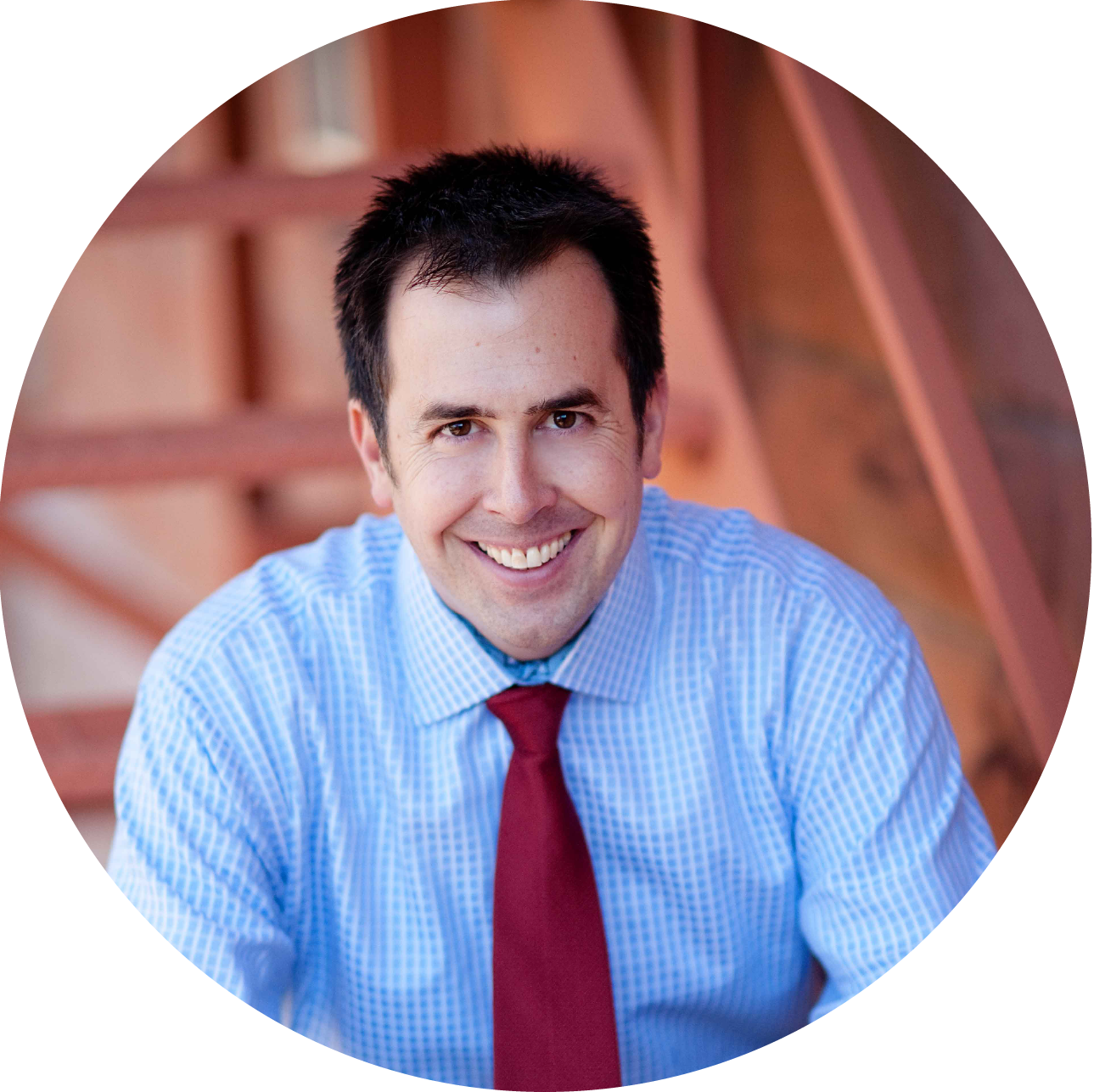Maximum Impact
Discover Your Calling
The question I am asked by far the most often at DU or on the road is, “What should I do with my life?”
People of all ages and stages ponder this idea incessantly, desperate for answers. Let’s face it, people desire the fulfillment that comes with discovering their place in the world. Most everyone wants to make some sort of legitimate impact and leave some sort of legacy. If you evaluate the question more deeply, however, people are really asking me three questions:
- What am I passionate about deep-down in my heart?
- How do I translate that into a successful career and life mission?
- Will this path allow me to leave a sufficient legacy?
Don’t you think about these things every week, perhaps every day? Me too. At least I used to, until I discovered my answers. Here’s how.
DISCOVER YOUR CALLING
Coming to realistic and exciting conclusions to this dilemma isn’t anywhere near as hard as you might imagine. Our struggle lies in the lack of a framework from which to approach the question. Let me provide a very simple and effective one:
Each of us needs to find our calling. This is the places where our passions and talents collide. This is where we will find everlasting energy to succeed and have maximum impact in our communities and beyond. Marianne Williamson described the concept of a calling like this, “Each of us has a unique part to play in the healing of the world.” Our calling = our unique part to play. To discover our calling, we need to figure out what we’re amazing at and then hope that we also love to do the things at which we’re amazing. Let me break this framework down into two parts:
- PASSION: we must first determine what we’re passionate about with some specificity. Take some uninterrupted time and ponder the following question: In a perfect world, when it comes to work, what would you want to do first? What would get you up in the morning ready to go to work and make a difference? Then ponder what would you do second and on down the list. Please be more specific here than you normally would. Most people know what they are passionate about at the 30,000 level – people, animals, health, sports, the environment. For this exercise, you need to drill down more precisely. Do this and, over time, you will start to see some patterns. The same sort of ideas and dreams will continually come to mind such as: travel and help people learn a different language, teach kids how to play sports the right way, conduct scientific research into beneficial medicines, design and build spaces and places, make and sell art with meaning, seek justice, improve the quality of life for (you fill in the blank), improve health care outcomes, sustain the beautiful environment in the Colorado mountains, etc. This list contains critical discoveries as they inform you of your passions at a deeper level. Now, hold on to this list as you embark upon step two.
- TALENT: after discovering some of our passions, we need to conduct the “Much, Much Better Exercise.” The best way to begin is with a question, which is going to sound silly at first. But, just work with me here. Ask yourself what you are much, much, much, much, much, much, much better at (at least seven times better at) than your peers, colleagues, and friends. Then, ask yourself whether you also love to do that thing that you are so good at. Make sure to be a bit specific here too or else this won’t work. For example, it’s too broad to say that you are much (x7) better at talking to people than your peers. Instead, tell me that you are much (x7) better at getting people to see your side of any argument you are passionate about. Then, if you also love to convince people like that, you are on to something. There are plenty of fulfilling careers where that skill is a major asset. Think: law, fundraising, non-profit work, sales, politics, writing, etc.
Let’s put this framework into practice. If you are a ton more compassionate than others and you truly love to help people live happier and better lives, think about careers tailored to: medicine, teaching, faith-based endeavors, non-profit work, etc. If you are far more cerebral than your peers, perhaps look to: research, writing, consulting, accounting, engineering, etc. You get the point. You can go down this road all day long, getting more and more specific with each iteration. In the end, you should come up with a list of potential careers.
Finally, the energy piece I mentioned earlier is critically important. Making a genuine impact is hard work. It’s relatively easy to empty your tank and burn out. Though that is certainly true, I have good news. The energy associated with finding a life’s purpose never runs out. In fact, it renews. For example, I get tired all the time. Let’s face it, I have two young kids and two jobs. But, I have never in twelve years of teaching / speaking said, “I really don’t want to go teach those college kids about ethics today” or “I really don’t want to go give that speech about finding happiness to all those people today.” Never! I might not want to get on another airplane, stay in another hotel, or grade more essays. But, the cornerstone part of my job never gets old or tiring. Here is the reality: I get tired all the time, but I never tire of my work. Does that make sense? At all of the other jobs I have ever had in my life, I have quickly grown tired AND tired of the work. That was a huge red flag that I had not yet found my calling in life.
THE FIVE PATHS
One final point is worth mentioning. I am convinced that a person’s calling isn’t just one thing. I believe that people can be really, really good at a few things. Notice I didn’t say really, really good at everything. That perfectionist tendency actually keeps us from finding our calling. It also opens us up to stress attacks and disappointment. Instead, you should ponder five paths that your life can take. These paths represent five careers / endeavors where your passions and talents collide. Use the “Much, Much Better Exercise” above to draft your list and remember to be broad in the job title and then a bit specific in the details. Here’s my list:
- Teacher – specifically for college & graduate students | I possess the ability to translate, for the masses, complicated ideas on what it means to be happy and live an authentic life
- Speaker -tell funny stories and make people laugh while getting across a powerful message on integrity and character
- Author – same as above
- Basketball / Tennis Coach – specifically for kids between the ages of 4-15 | I am really good at teaching critical life lessons through sports in a way that young people resonate with
- Entrepreneur – with a focus on helping kids make it to and through college or trade school
You’ll notice that my list is broad in scope and job title but more specific in the nitty gritty of where I fall into those broad careers. I came to these conclusions after pondering this exercise for many years. There are some fairly obvious conclusions that can be drawn from my list. You will see that each of my paths have two foundational components: (1) teaching and (2) young people.
I believe that my calling in life is to be a teacher. I have always been really good at imparting knowledge in a way that others can understand and apply to their lives. I have also always loved teaching as well. In addition, I have a soft spot in my heart for young people. I am a mushy disaster with my kids every time they say, “I love you, daddy.” I go out of my way to encourage little ones whenever and wherever I encounter them. I find myself losing sleep when I witness bad or distracted parents. Part of my soul is tied up in helping these young people figure life out. That’s just the way I am wired.
This is why it’s ironic at best and outright depressing at worst that I chose the corporate lawyer path for my life. Let me be clear, there is nothing wrong with that job in and of itself. It just appears nowhere on my list. I wasn’t much (x7) better at it than my peers. In fact, I was probably worse. And, I didn’t love it. In fact, I despised the monotony, tediousness, and length of each deal. So, why did I go down that path when it wasn’t one of my five? The answer is obvious: I hadn’t done this exercise. I had no idea what my calling was in life. So, I just ran forward, blindfolded like most everyone else I met.
I desperately don’t want that result for you.
To conclude this part, I will say that coming up with my list took forever. Finding a calling is not quick and easy work. There are no shortcuts. But, the journey is worth it.
CONCLUSIONS ON CALLINGS
The idea of a calling is religious in nature. I think of mine as part of God’s purpose for my life and one of the reasons I’m on this Earth. I say to myself all the time, “Corey, there’s a plan for your life. I know you’re disappointed that this didn’t go the way you wanted, but these things tend to happen for a reason.” This helps me tremendously when the storms of life hit. In my mind, I am comfortable with Vincent van Gogh’s interpretation of work, “Your profession is not what brings home your weekly paycheck, your profession is what you’re put here on earth to do, with such passion and such intensity that it becomes spiritual in calling.”
But, no one says that you have to think about it that way. Perhaps, you are driven entirely by a secular desire to assist humanity or protect the environment. These are also wonderful reasons to discover your passion. Our world is in desperate need of help and I’ll take all the help I can get, regardless of the motivation. Don’t you agree?
Oprah Winfrey sums up this blog post perfectly, “I believe there’s a calling for all of us. I know that every human being has value and purpose. The real work of our lives is to become aware. And awakened. To answer the call.” Regardless of why you think callings exist, it’s hard to dispute the concept.
With all this in mind . . . it’s time to go find your five paths. This should be a really exciting, and perhaps nerve-wracking – adventure. I’m not telling you to quit your job or change your major – though you might. I’m not telling you to move, find a new group of friends, or use your resources differently – though you might. And, I’m not telling you to look at life differently – though you probably will.
These internal conversations, regardless of outcome – are tremendously important. They are the spark, the beginning of some answers to a profound question percolating deep within each of us: “What should I do with my life?” In the end, when you discover your calling, your heart – and the rest of us, really – will thank you!
- Check out COREYSPEAKS.COM for more on popular keynote speaker Corey Ciocchetti. Corey has keynotes on happiness, integrity, ethical leadership, ethical decision-making, morale, stress reduction, and professionalism. Corey has spoken in 44 states and over 250 cities since 2007.
- Check out Corey’s other cool ethics blog posts on LEADERSHIP and HAPPINESS – you won’t regret it.
- Corey’s new book, INSPIRE INTEGRITY: CHASE AN AUTHENTIC LIFE is available now!






Terrific post. I am reminded of the two most important days of your life.
The Day you are born.
And The Day you learn why.